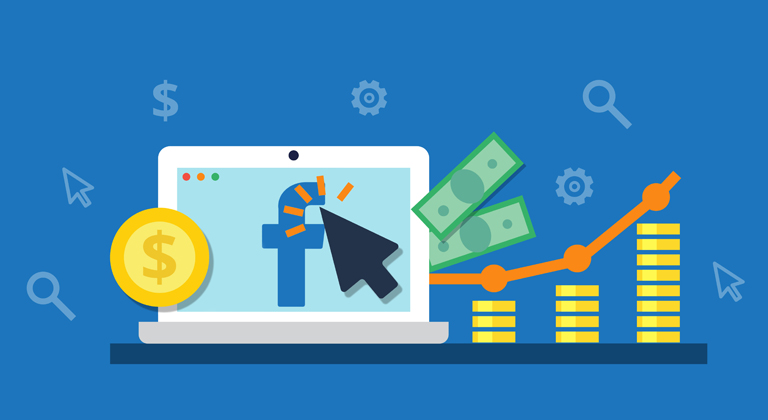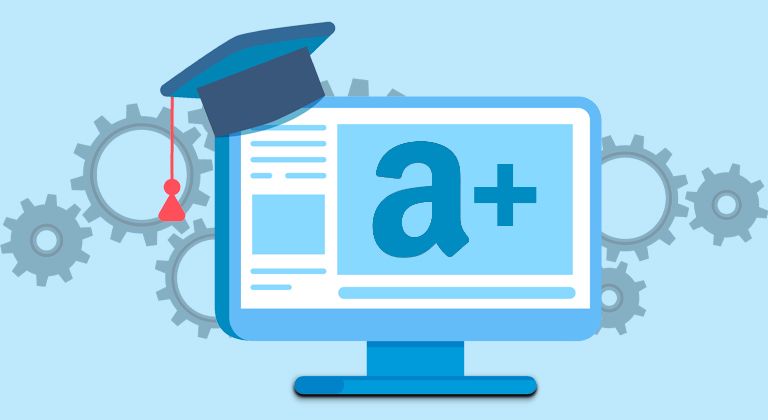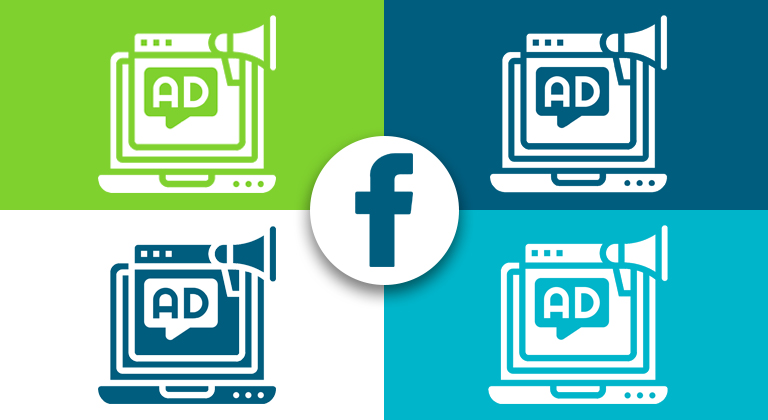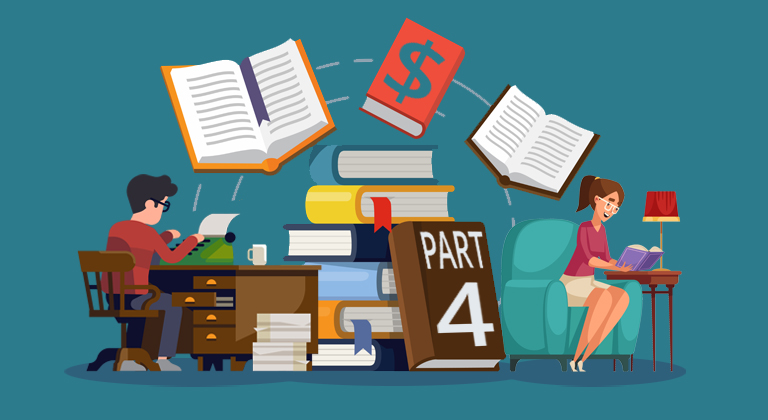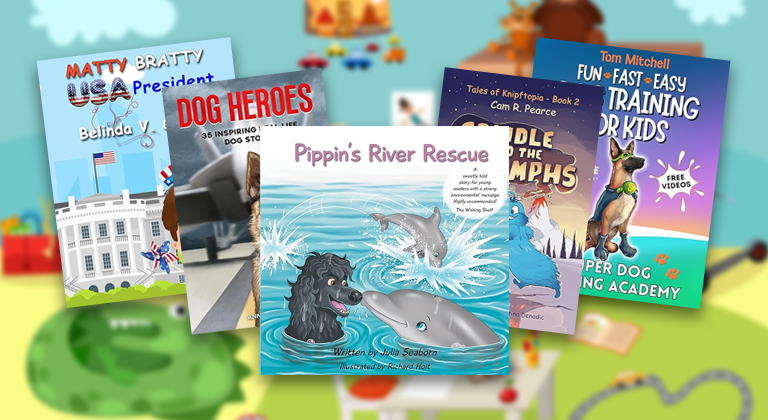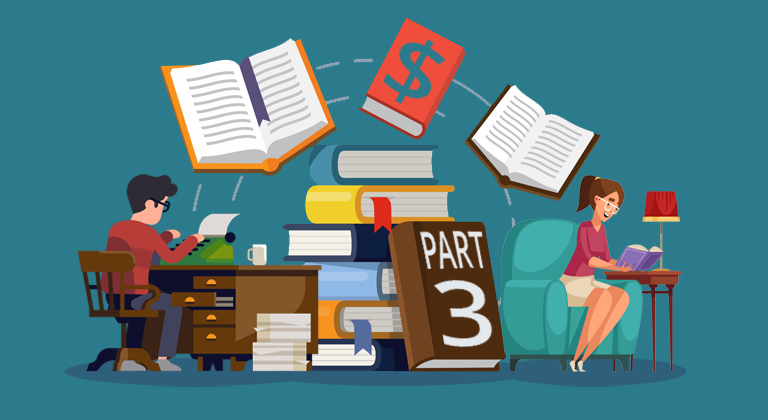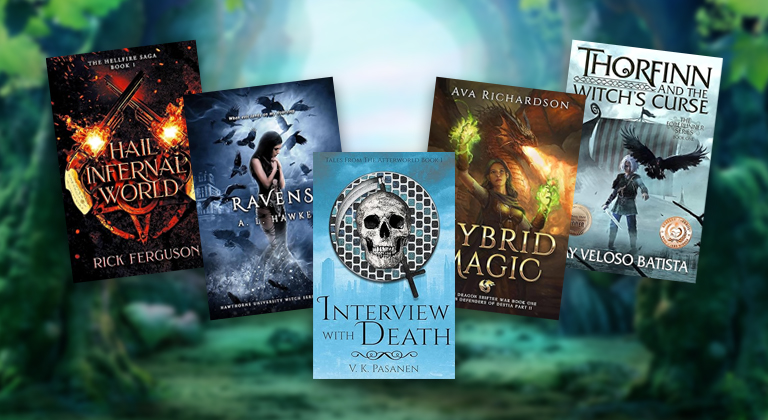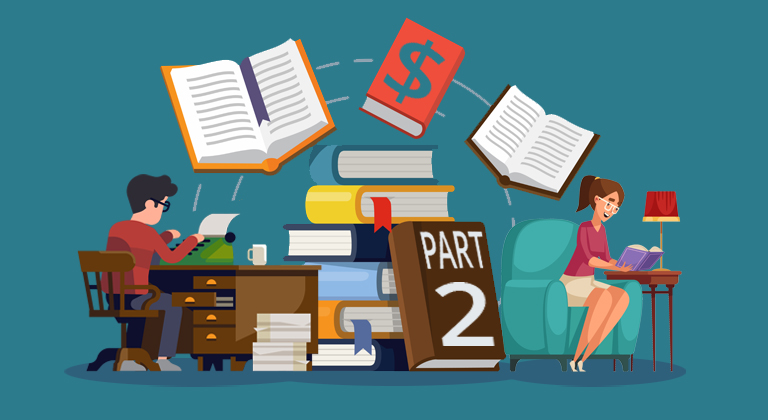Understanding the “Learning” Phases of Facebook Ads
Maintaining a robust marketing and advertising strategy has become as crucial as writing a great book, and for many authors, Facebook remains the go-to platform for advertising. However, the complexity of Facebook’s ad interface can baffle even those who understand the basics of setting up an ad, especially when they find their ad in the “Learning” or “Learning Limited” state.
Knowing how to optimize ads and take action when campaigns underperform is essential for campaign success. The “Learning” and “Learning Limited” phases indicate your ad’s performance and optimization stages, sometimes requiring action. Today, Ginger will explain what those terms mean, what actions to take when you encounter them, and how to optimize your ad campaigns to enhance visibility and achieve better results.
Over the course of the last few years, the path to successful self-publishing has changed. Many authors used to find success simply by writing great books with a compelling concept, or by publishing books on a regular schedule.
Today, however, authors need to use advertising to get their books seen by potential new readers. In fact, it’s become almost impossible to be successful as a self-published author without some sort of marketing and advertising plan, and for most successful authors, Facebook is where they spend most of their money.
But while Facebook makes it extremely easy to spend money advertising your books, they don’t necessarily make it easy to do so profitably – and there’s a steep learning curve when it comes to understanding how the process works!
Navigating the platform’s terminology can be particularly daunting, especially when you encounter terms like “Learning” and “Learning Limited” when monitoring your ads.
In this week’s blog post, I wanted to break down those two particular terms and explain what they mean – and how you can respond to them appropriately while optimizing your Facebook Ads for your self-published books.
Understanding the Learning Phase
There are many ways authors can use Facebook advertising, but the simplest approach is generally the best place to start. This normally takes the form of a “Traffic Ad” which displays an attractive image inviting Facebook users to go and check out your book. The users who are navigated away from Facebook to your book’s product page on Amazon are known as “traffic.”
When you first launch a new Facebook ad campaign, you’ll notice that your Ad Sets and Ads immediately enter the Learning phase. During this crucial period, Facebook’s algorithm gathers data by showing your ads to various audiences across different Placements (that’s what you call the different sections of the Facebook interface – such as your Feed, Stories, and Messages).

During this stage of advertising, Facebook is training the algorithm to “learn” which combinations of audience demographics, ad creatives (your different images, videos, and text), and Placements generate the best results for your chosen campaign objective.
With a Traffic ad, that would be website clicks – but the same Learning process occurs for Lead Generation ads, and ads intended to drive Conversions.
The Learning Phase typically lasts around seven days, and it’s important to be patient during this stage, as the performance of your ads might be wildly inconsistent at the start. A lot of first-time advertisers are horrified when their campaigns launch with a Cost-Per-Click of $1.50 or higher – especially when they see their peers boasting CPCs that cost less than a quarter!
But this is all part of the plan! As Facebook learns which audiences are more likely to click on your ads, that CPC is (hopefully) driven steadily downward until it balances out at what your real Cost-Per-Click is likely to remain.
You’ll probably notice this after a few days of advertising. Your ads will no longer be marked as Learning and you’ll see them marked as “Active” instead. At this point, your overall Cost-Per-Click is probably where it’s going to remain, so you can begin the process of optimizing your ads for better performance.

However, for some authors, that’s not what happens! Instead, their ads get marked with a different label: Learning Limited. This indicates that Facebook needs a little more help finding your potential readers.
What is Learning Limited?
During the Learning stage, Facebook’s algorithm shows your ad to a bunch of different audiences, and it creates the best audience profile it can by cross-referencing all the people who responded to it.
That response is something Facebook calls an “Optimization Event.” Optimization events are actions you want users to take after seeing your ad – most commonly clicking on a link leading to your book’s landing page.
Facebook typically aims to see around 50 of these “optimization events” before creating the ideal audience for your ads, and it generally wants to see them within an “attribution window” of 7 days.
An “attribution window” is a period of time in which Facebook tracks a particular user. They might see your ad on a Monday, but not click on it until Friday – yet that would still be considered an “optimization event” by Facebook because the see-to-click occurred within a seven-day period.
However, if your ads fail to generate enough “optimization events” within that seven-day Learning Phase, your ads will transition to Learning Limited rather than “Active.”
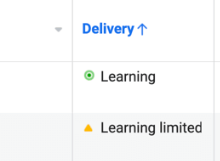
This is because too few “Optimization Events” took place for Facebook to be able to generate an effective audience for your advertisements.
There are several reasons why an ad set might become Learning Limited:
- Small Audience Size: A golden rule of advertising is to specifically target the audiences that want to buy your product – but targeting too specific a niche audience can limit the pool of potential viewers that even see your ad, meaning there aren’t enough of them to respond to it during a seven-day period.
- Low Budget: Likewise, nobody wants to spend more money on advertising than they have to – but an extremely limited budget restricts the number of times your ad can be shown. Once again, if not enough people are seeing your ad, too few of them are going to respond to it – hindering the algorithm’s ability to gather data and define your perfect audience.
- Low Bids: Bids are something that are more relevant to big ecommerce companies than self-published authors, but many writers do try to control the costs of their advertising by using this targeting option. The bid you set determines how much you’re willing to pay for each optimization event – such as setting the maximum Cost-Per-Click you’re willing to spend to $0.20 or lower. However, setting bids too low can make it difficult for your ad to compete with others in the auction for ad space, limiting the number of people who see your ad – and just like in the previous two examples, the fewer people who see your ads, the fewer of them can respond to it!
- Cost Control Settings: Once again, this is more likely the territory of ecommerce professionals, but using settings like budget optimization or daily spend limits can also restrict the algorithm’s flexibility in finding an audience for your ads. As always, too small an audience leads to too few Optimization Events, potentially leading to Learning Limited status.
- Running Too Many Ads: Finally, splitting your budget across numerous ad sets targeting similar audiences can dilute your optimization data across all sets. This is why it’s generally better to run multiple ads in the same ad set, rather than have multiple ad sets.
The Impact of Learning Limited
What does it mean when your ads get stuck in Learning Limited? Well, the first thing you’ll notice is that Learning Limited doesn’t actually stop your ads running entirely – it just significantly hinders their performance. You’ll notice that your Cost-Per-Click isn’t going down the way you’d hope it would, and you’re not getting the number of responses that you’d like. Here’s why:
- Limited Optimization: Because it has insufficient data on the types of people who’ll respond to your ads, Learning Limited means that Facebook is struggling to identify the most effective audience segments and placements for your ads – and that means it can’t “Learn” how to reach them more effectively.
- Potential for Higher Costs: Facebook’s inability to optimize your ads effectively due to the lack of that information will generally lead to a higher Cost-Per-Click or a more expensive result if you’re running Lead Generation or Conversion ads.
- Uncertain Results: Just as Facebook lacks enough information to optimize its algorithm, you’re going to find yourself in a difficult position when you’re trying to improve the copy or creative of your advertising. Without a clear picture of what’s working, it’s difficult to refine your campaign and improve future advertising performance.
Optimizing Your Facebook Ads to Avoid Learning Limited
Now that you understand the downsides of being marked Learning Limited, it’s time to explore some strategies to try and get out of it. That way, you can empower Facebook to use its algorithms to help you make the most of your advertising budget.
The only route to get out of Learning Limited is to successfully trigger 50 “Optimization Events” during a seven-day Attribution Window. Here are some ways you can help make that happen.
- Switch Your Campaign Objective: Most self-published authors will use the Traffic objective when running Facebook ads, which are the least expensive and easiest to get out of Learning Limited. When you’re running Lead Generation or Conversion ads, the cost-per-result can be much higher, and some self-published authors might not be able to afford enough advertising over the course of seven days to achieve the 50 Optimization Events needed to escape Learning Limited. In that case, I suggest changing the objective of your ads to Traffic. That way, Facebook will be building their audience based on a more achievable Optimization Event. Admittedly, that’s nowhere near as effective as an optimized Lead Generation or Conversions campaign – but it will certainly yield better results than remaining stuck in Learning Limited.
- Target the Right Audience: You might find yourself stuck in Learning Limited because your audience is too narrow. Try conducting some thorough audience research to identify more potential readers likely to enjoy your genre. Utilize Facebook’s demographic targeting options and consider creating “lookalike audiences” based on existing customer data, like your subscriber list. As long as they’re targeted to the right people, ads going out to a bigger audience make it easier to get out of Learning Limited.
- Craft Compelling Ad Creatives: Sometimes, the problem isn’t Facebook. If your ads or copy simply don’t appeal to enough people in your audience, they simply won’t respond to them – it doesn’t matter how big your budget is! So take an honest look at your advertising and give them a polish if you think you need to. Use high-quality visuals, captivating headlines, and clear calls to action that entice Facebook users to respond.
- Set Appropriate Budgets and Bids: Because most authors use Traffic ads, and Traffic ads are one of the more affordable ways to get to that coveted 50 Optimization Events, it’s not that common to get stuck in Learning Limited. However, if you’re only spending $5 or $10 dollars a day, that can happen. In order to avoid Learning Limited, bite the bullet and allocate a budget that’s big enough to help you give Facebook the information it needs within that seven-day Attribution Window.
- Optimize for Mobile: The majority of Facebook users access the platform on mobile devices, so make sure you’ve got creative that’s optimized for viewing on mobile. For example, make sure you have a 9:16 “Story” image as well as the more common 1:1 square image for Feed.
- Test Different Ad Variations: Gather some information for your own benefit by creating multiple ad variations with different images, headlines, and copy. Facebook’s algorithm will determine which versions perform best through A/B testing, and that information can help you make better ads.
- Monitor Performance: Finally, regularly monitor your campaign performance and make adjustments as needed – or don’t! Sometimes, all it takes is time for a few changes to take effect. That being said, don’t be afraid to pause poorly performing ad sets and reallocate resources to stronger ones. Use your budget as effectively as you can.
Conclusion
Facebook advertising isn’t as intuitive as people assume it might be, and sometimes it’s not easy to figure out what the problems with your advertising are. That’s why understanding what Learning and Learning Limited phases in Facebook Ads mean is important for self-published authors who want to maximize the impact of their campaigns, but also use their limited budgets most effectively.
Hopefully, the strategies and information I provided above is useful if you find yourself stuck in Learning Limited – and is also useful as you continuously refine your approach to advertising.
Advertising has become one of the best ways to reach the target audience for your writing, generate book sales, and establish yourself as a successful author in the competitive world of self-publishing – but success on Facebook Ads takes time, patience, and a willingness to learn and adapt.
My advice to you is to tackle problems like Learning Limited as a puzzle to be solved, not an obstacle to be overcome. Embrace the process, track your results, and keep optimizing for continuous improvement. There’s something deeply rewarding about tracking how you get better at something – and Facebook’s Learning phase can be a great teacher in that regard.


